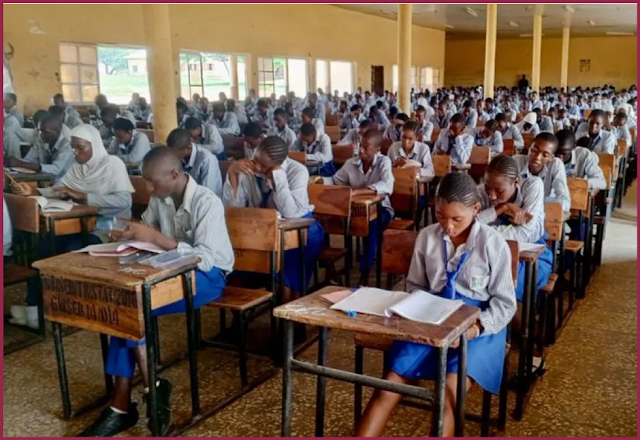Nigeria is preparing to overhaul its education system with a national curriculum designed to integrate digital learning, technology, and entrepreneurship into classrooms across the country. The framework, unveiled by the federal government, is scheduled to take effect in September 2025.
The announcement was shared by Presidential media aide Dada Olusegun, who posted the full breakdown of the subjects for Junior Secondary School (JSS) and Senior Secondary School (SSS) on Wednesday.
Junior Secondary: Early Introduction to Coding
At the lower secondary level, students will continue with traditional core subjects such as Mathematics, English, Integrated Science, Social Studies, Languages, Creative Arts, and Physical & Health Education. However, a new addition — Digital Literacy and Coding — marks the government’s push to expose learners to technology from an early stage.
Senior Secondary: Expanding into Emerging Fields
The Senior Secondary curriculum widens the scope with an emphasis on preparing students for global competitiveness. Alongside advanced Mathematics, Sciences, Social Sciences, and the Arts, learners will study subjects like:
-
Programming and Artificial Intelligence
-
Cybersecurity
-
Environmental Science
-
Digital Entrepreneurship
-
Foreign Languages
-
Research and Project Work
These inclusions reflect Nigeria’s ambition to align its education sector with the demands of the digital economy.
Building Future-Ready Graduates
Federal officials explained that the reform is intended to equip students with 21st-century competencies — from problem-solving and innovation to entrepreneurial skills — ensuring that graduates can adapt to the fast-evolving global job market.
Education analysts describe the move as one of the most significant shifts in curriculum planning in decades, noting that it underscores Nigeria’s effort to reduce reliance on traditional rote learning and foster skills relevant to modern industries.

